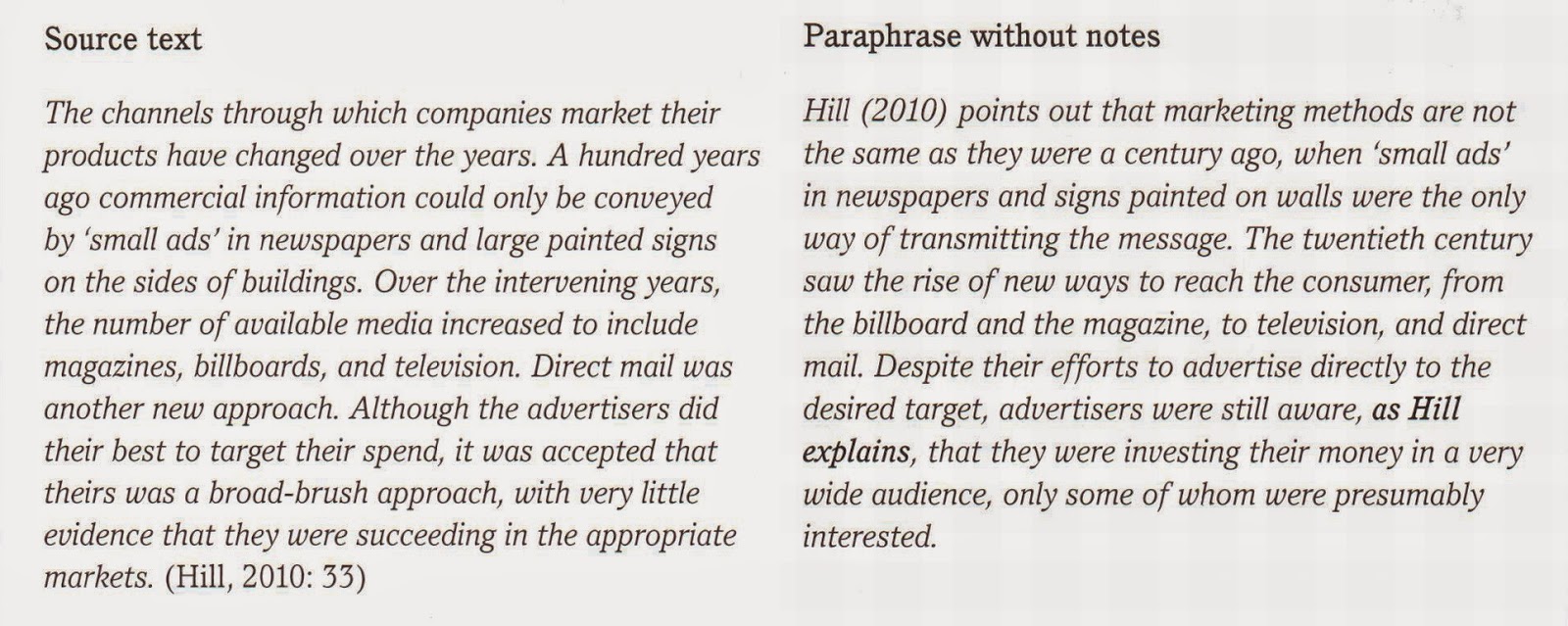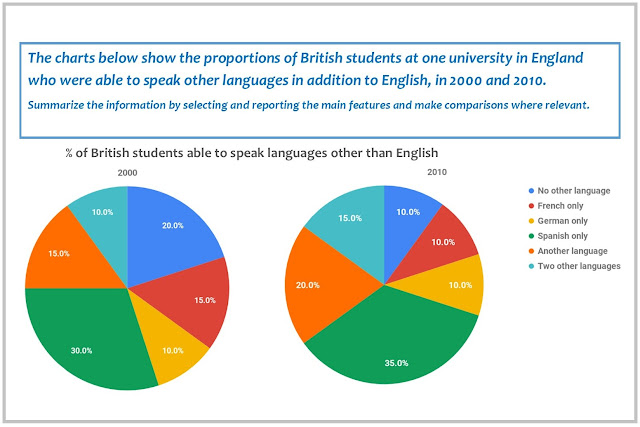Paraphrasing made easy!
With
English being the language of international communication, there are plenty
of tests of English for non-native speakers – IELTS, TOEFL, KET-CPE, to name but a few. Seemingly different, these tests often assess the same skills and
abilities. The ability to paraphrase is vital in speaking and writing parts of any test. Why? Because it shows that
you actually understand the information you are given and, more importantly, it
allows you to demonstrate your knowledge of English. Many people struggle with
paraphrasing, but it’s not rocket science. In this post, I want to provide very simple paraphrasing techniques.
Before I do, two words of warning: 1) Don’t get too obsessed. There are words you don’t have to and even shouldn’t paraphrase, for example, conventional words like chair or passport and specialized vocabulary like genetically-modified food or greenhouse gases.
2) Don’t get too carried away. Don’t forget that your sentence must retain its original meaning!
Here are some paraphrasing techniques that will help you:
1 Use synonyms.
It will have a negative effect on the economy. >> It will have a harmful effect on the economy.This looks pretty straightforward. However, you have to keep in mind that very few words in a language are completely interchangeable, so the synonym you find might not suit your sentence as well as you think.
2 Use antonyms.
It is hard. >> It is not easy.It’s the cheapest. >> It’s the least expensive.
3 Explain the word.
Violators will be ticketed. >> People who break the law will receive a ticket.This way only works with words that can be explained in a short way.
4 Change word forms.
Competition for quality jobs at postgraduate level is fierce. >> Postgraduate students have to compete hard for quality jobs.This approach is useful not only because it helps to avoid copying the original word, but also because it involves changing the sentence structure and thus helps you to create a completely different sentence.
5 Change sentence structure.
This one includes several sub-techniques:- Change grammar.
Active / Passive:
Trained scientists performed this research. >> This research was performed by trained scientists.
Infinitive / Gerund:
It’s easy to use it. >> Using it is easy.
Subject + verb / Participle:
After he left the company, he couldn’t find a job for moths. >> After leaving the company, he couldn’t find a job for moths.
- Change sentence connectors.
Although the scientist spent years studying gorillas, their behavior would still surprise her. >> Despite years spent studying gorillas, their behavior would still surprise the scientist. >> The scientist spent years studying gorillas; however, their behavior would still surprise her.
- Change the order of ideas.
The spread of GM trials led to a series of protests. >> A series of protests resulted from the spread of GM trials.
Ideally, in order to create top-notch paraphrases, you should use a variety of techniques and combine them. Have a look at how the techniques work together:
(Source: Oxford Grammar for EAP)
Now let me
try. Here is an IELTS Writing Task 2 and my introduction.
At present there is no doubt that smoking is detrimental to people’s health and causes a range of diseases, including terminal. In an effort to reduce the harmful effects of this bad habit, some countries have prohibited smoking in public places. Some people believe that this approach should be implemented worldwide. I completely agree with this opinion and shall argue that smoking should not be allowed anywhere on public premises except a number of designated areas.
- The Complete Guide to the TOEFL Test
- Oxford Grammar for EAP
- Express to the TOEFL iBT Test






Comments
Post a Comment